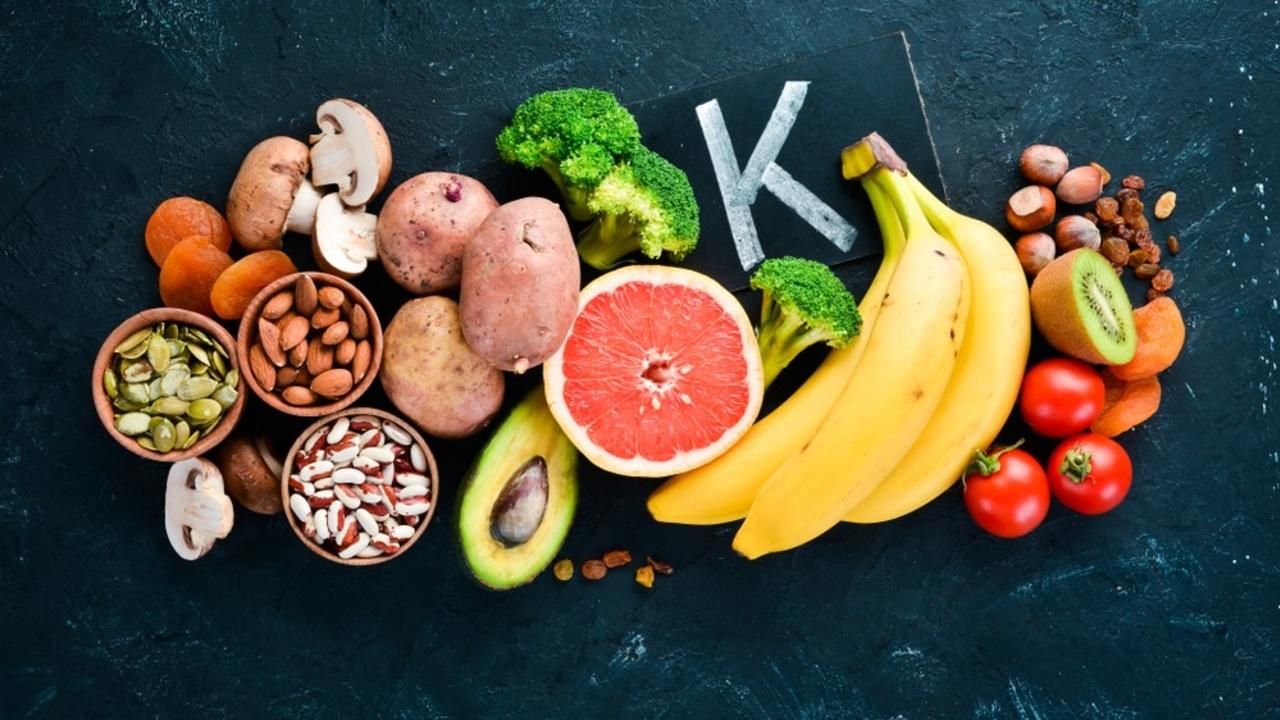Potassium
May 16, 2019

Sources:
- Most fruit and vegetables - banana, potato, watermelon, tomato, sweet potato
- Legumes - lentils, kidney beans,
- Meats - chicken, salmon, beef, turkey
Deficiency:
- Women who urinate often lose lots of potassium and this can start a vicious cycle of more urinating and more potassium loss.
Uses:
- Essential electrolyte.
- Potassium helps to regulate heartbeat.
- Needed for muscular health and nerve cell functions.
- Helps maintain a healthy blood pH level.
- Is needed for good kidney function and can help prevent kidney stones. Potassium is present in all body tissues and is required for normal cell function.
- Maintains intracellular fluid volume and transmembrane electrochemical gradients.
- Linked with healthy bones and muscles.
- Needs for blood glucose balance and stability in diabetes.
Danger:
A severe potassium deficiency can be fatal.
Medication interactions:
- ACE inhibitors and angiotensin receptor blockers may cause potassium retention, best not to take potassium with these drugs.
- Do NOT take potassium alongside potassium-sparing diuretics.
- Loop and thiazide diuretics increase potassium excretion, potassium supplementation may be beneficial.
Fun Fact:
Potassium is K on the periodic table. If you ever wondered why its K and not P, I have the answer for you. K is short for kalium - the Latin name for potassium.


